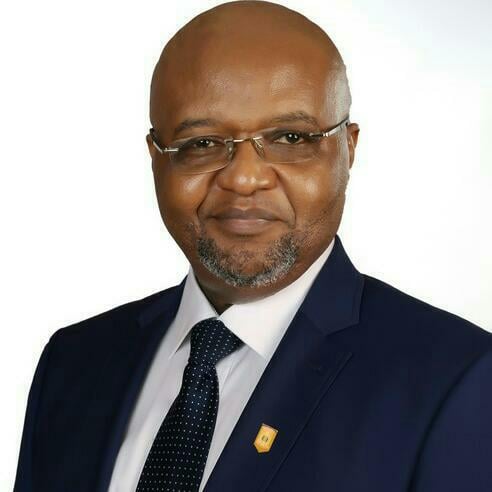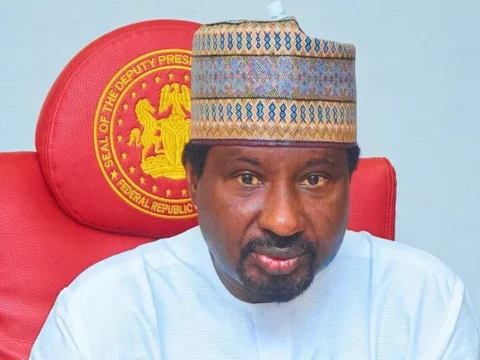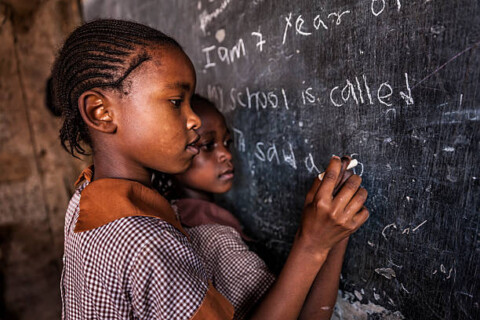A Senior Fellow at Nnamdi Azikiwe University and Executive Director of Development Specs Academy, Abuja, Professor Oke Ikechukwu, has emphasized the urgent need for teacher retraining to ensure the successful implementation of Nigeria’s new Basic Education Curriculum.
Speaking at the unveiling of educational tools for the 2025 Basic Education Curriculum for primary and junior secondary schools, organized by BMI Finishing School in Abuja, Ikechukwu said that without well-trained teachers, even the most innovative curriculum would fail to produce meaningful educational outcomes.
He stressed that teacher retraining is vital to promote deeper learning and critical understanding, rather than the traditional method where students merely memorize lessons.
“So we have a curriculum. Now, a curriculum cannot teach you anything. There have to be teachers,” Ikechukwu said. “It’s not about children reproducing what you wrote on the board or what you told them, but whether they can get the meaning.”
The professor urged state governments that have adopted the BMI model to complement policy actions with training-of-trainers programmes, ensuring that educators can transition from rote learning to comprehension-based instruction that promotes creativity, critical thinking, and practical understanding.
He highlighted that the BMI curriculum stands out for its interactive and inclusive approach, which simplifies learning by integrating drama, role play, and demonstrations into classroom activities.
“You have a small lesson, say on what solar energy is. After the short lesson, you have a drama and a demonstration as part of the text. You don’t have that anywhere in your books, and that’s what makes this unique and should be taken seriously,” Ikechukwu explained.
In his address, Nnamdi Unachukwu, Executive Chairman and Founder of BMI Finishing School, announced the launch of the Digital Skills Lab, designed to provide visual and hands-on training for students even as physical facilities are being expanded.
Unachukwu described the new curriculum as timely, citing Nigeria’s growing unemployment, poverty, and youth restlessness. He stressed that entrepreneurship education must now be treated as a national priority rather than an option.
“Unemployment is high, poverty levels are rising, and youth restlessness continues to grow. Entrepreneurship education is now an urgent necessity—not merely an option,” he said.
He added that countries that achieved sustained economic growth did so by investing in innovation and entrepreneurship education.
According to The PUNCH, the federal government, through the Nigerian Educational Research and Development Council (NERDC), announced on August 31, 2025, a major overhaul of Nigeria’s national curriculum, set to take effect from the 2025/2026 academic session. This is the first comprehensive review since 2014.
The updated curriculum seeks to reduce subject overload while enhancing practical, digital, and entrepreneurial skills. It introduces digital literacy, coding, robotics, and artificial intelligence, reintroduces History as a compulsory subject, and expands technical and trade education through practical courses like solar installation, garment making, GSM repairs, and horticulture, aligning classroom learning with market-ready skills.





